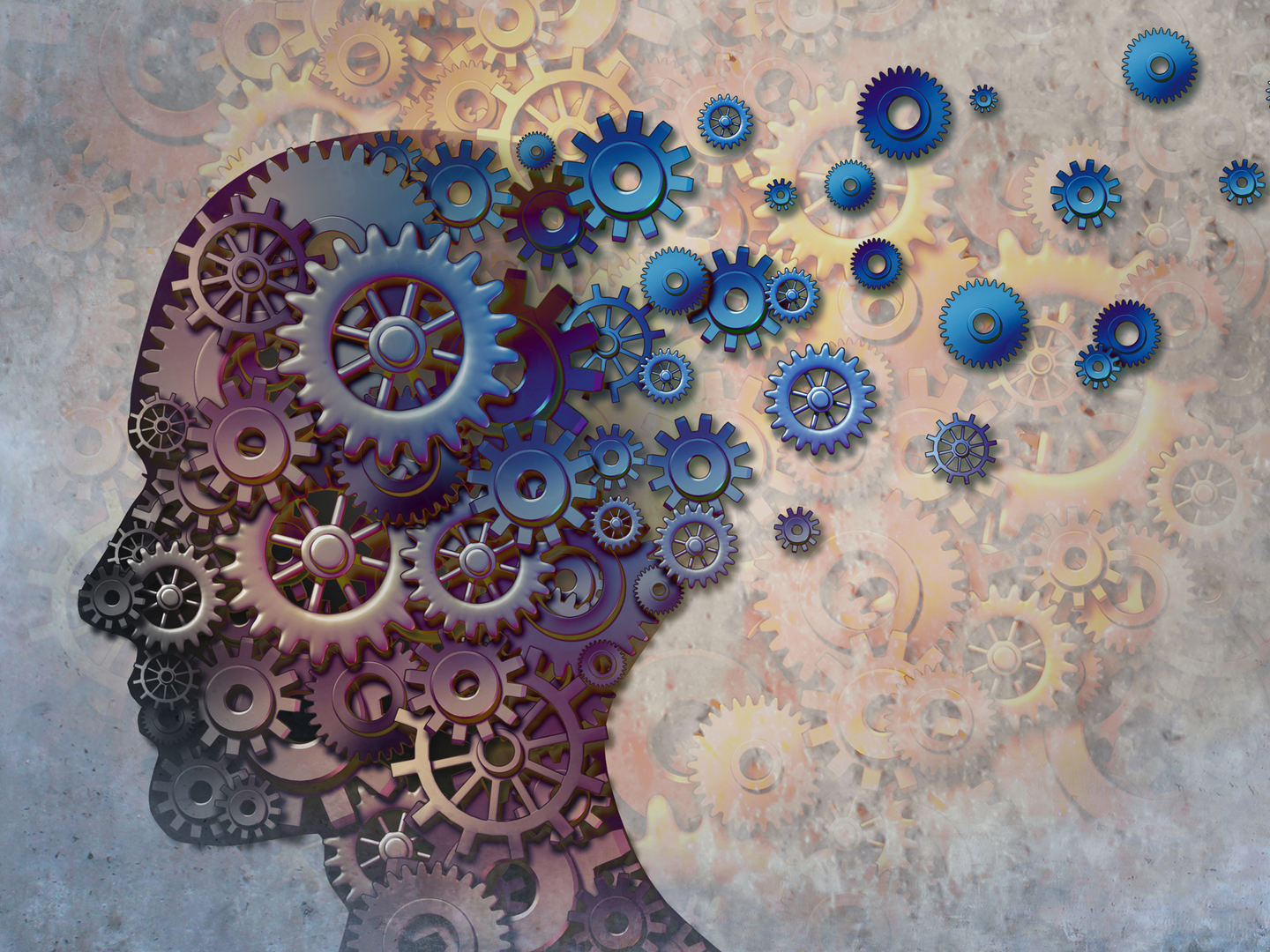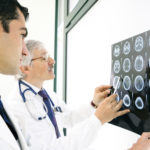Dementia

Dementia is a progressive decline in mental ability, affecting memory, thinking, judgment, attention span and learning. Although dementia usually develops after the age of 60, it is not a natural part of aging.
The most common type of dementia results from Alzheimer’s disease. The exact cause of Alzheimer’s disease remains unclear, but some researchers suspect that genetics may play a role, as this disease seems to run in families and may be influenced by certain gene abnormalities.
The second most common cause of dementia is due to multiple small strokes, often referred to as multi-infarct dementia. Recurrent mini strokes may not cause the same type of weakness and paralysis that large strokes produce, but over time the brain cells will be compromised. An infarct refers to a blockage of blood flow to tissue, causing it injury. As these injuries accumulate in the brain, its normal functioning is affected, hence the term multi-infarct dementia.
Causes & Symptoms Of Dementia
Alzheimer’s disease begins slowly, and gets progressively worse over time. There is a gradual decline in memory, the ability to keep track of time, and the ability to recognize people, places and objects. It becomes more and more difficult to find and use the appropriate words. There are often changes in personality as well. In contrast, multi-infarct dementia has a more predictable, step-like progression.
Preventing Mild Memory Loss
To help preserve mental function, and thus protect us from age-related cognitive decline later, we should focus on protecting the brain and mind from degeneration. Each method works in a different way but all are beneficial. Try the following to help slow or lessen the risks of age-related memory loss and dementia (including Alzheimer’s disease):
- Eat an anti-inflammatory diet. This can help to lessen the risk of inflammation, oxidative stress and related health issues which may be linked to Alzheimer’s disease. This is a diet rich in antioxidants and omega-3 fatty acids. Fresh, organic vegetables and fruits are the best sources of antioxidants, although tea and dark chocolate contribute as well. Oily cold-water fish, freshly ground flaxseed and walnuts all provide omega-3s. Also, consider avoiding alcohol. Its damaging effect on brain cells is well established in the medical literature.
- Try selected supplements. See below.
- Participate in regular physical activity. You can help slow memory loss with regular aerobic exercise. Physical exercise seems to correlate with better mental function, perhaps because of improved circulation.
- Get proper rest and sleep. The body needs rest, both to balance physical activity and to recharge the mind. Being passive, taking in your surroundings without reacting, and simply “not doing” are valuable and necessary for optimum health and healthy aging.
- Neutralize your stress. Studies show that maintaining a positive attitude and positive emotional state may help ward off cognitive decline.
- Learn to relax. Practicing regular relaxation techniques like meditation or yoga can help; visit the Stress section for tips.
- Stay involved. Social ties, involvement in faith-based groups and community, meaningful relationships, and service work all seem to be protective.
- Keep your mind active. Research shows that the old adage “use it or lose it” applies to your mental power as much as to the rest of your body. Crossword puzzles, mind games, challenging reading, and educational classes can all help you keep your brain agile and strong. Education also can play a role. The more education you have, the less likely you are to develop AD or to experience age-related cognitive decline; if you do get them, they will appear later in life than in less-educated people. The reason for this seems to have to do with neural redundancy, the total of extra connections between nerve cells in the brain. Combining physical and mental exercise can also be helpful: sing songs while walking, read the newspaper while riding a stationary exercise bike, try to recall plot lines of movies and plays while gardening. A little challenge every day will serve you well in the long run.
Recommended Lifestyle Changes For Dementia Risk Reduction
The steps listed above for preventing mild memory loss will also help you establish a reserve against dementia. Some additional preventive measures include the following:
- Maintain a positive attitude. Studies show that a positive emotional state may help ward off cognitive decline. Social ties, involvement in church and community, and meaningful relationships all seem to be protective.
- Keep your blood pressure under control. High blood pressure is the strongest risk factor for multi-infarct dementia.
- Exercise regularly. You can slow memory loss with regular aerobic exercise.
- Keep your mind active. Combine physical and mental exercise: sing familiar songs while walking, or read the newspaper while riding a stationary exercise bike.
Nutrition & Supplements For Dementia Risk Reduction
Consider a daily low-dose aspirin. Some studies link the use of aspirin and other nonsteroidal anti-inflammatory drugs (NSAIDS) with reduced risk of Alzheimer’s disease.
Try turmeric, a unique spice. Recent animal research suggests that the yellow spice turmeric, a major ingredient in American mustard and Indian curry, can reduce the risk of Alzheimer’s disease. This may help explain the unusually low incidence of Alzheimer’s in India, where people consume significant amounts of turmeric as part of the daily diet.












